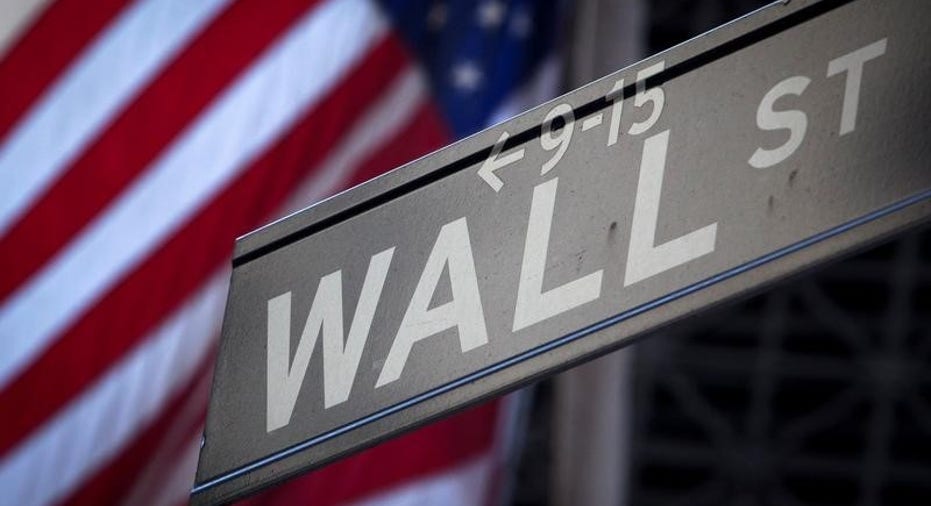U.S. Stocks Tumble Along With Other Asset Classes

U.S. stocks, bonds and oil prices slid Tuesday, extending markets' volatility into a third session.
After going two months without a daily move of 1% or more, the S&P 500 was on track for its third in three sessions Tuesday.
Global stocks and bonds have swung rapidly in recent sessions as investors have focused on central banks' signals on interest rates. Some investors say markets could remain choppy, with U.S. indexes near record highs and persistent concerns remaining about stretched valuations, mediocre economic growth and weak corporate earnings.
"There's going to be volatility over the next week until the Fed is more definitive," said Kenny Polcari, director at O'Neil Securities. The Federal Reserve is schedule to meet Sept. 20-21.
The Dow Jones Industrial Average declined 258.32 points, or 1.4%. The S&P 500 and the Nasdaq Composite also fell over 1%.
The yield on the benchmark 10-year Treasury note reached 1.722%, according to Tradeweb.
Expectations that interest rates would remain lower for longer have helped fuel a rally in a broad range of financial assets in recent months, from U.S. stocks to emerging-market bonds.
Speculation that the Fed could raise rates as soon as next week contributed to a sharp selloff in stocks and government bonds on Friday, but those concerns appeared to abate after three Fed officials said on Monday there is no hurry to move.
Energy shares in the S&P 500 fell over 2 Tuesday, leading declines in the broader index. U.S. crude dropped 3% to $44.90 a barrel after the International Energy Agency slashed its forecast for global oil demand this year amid "wobbling" Asian demand.
Now investors face a number of risk factors, including the U.S. presidential elections in November, the possibility of a rate risk before year-end, the U.K. starting formal negotiations to leave the European Union and hopes for a transition from monetary policy underpinning global growth to fiscal policy.
"Markets will still have to climb a wall of worry," said Vincent Juvyns, global market strategist at J.P. Morgan Asset Management.
"The room for disappointment is there...and support for markets will need to come from [improving company] earnings," he said.
The CBOE Volatility Index, which measures investors' expectations for stock swings, jumped 19% to 18.07 Tuesday.
The Stoxx Europe 600 declined 1% after falling for three consecutive sessions, as losses in energy stocks weighed on the broader market. The oil and gas subindex of the Stoxx Europe 600 declined 2.8%, but remains up 5.2% this year.
James de Bunsen, a fund manager on the multiasset team at Henderson Global Investors, said some investors may take profits on energy stocks on bad news, but added oil prices are unlikely to see the kind of lurch lower that hurt equity and debt markets at the start of the year.
"I don't think we'll revisit the lows. I think the market is closer to some kind of equilibrium," he said.
Instead, monetary policy looks like it will remain at the forefront of investors' minds in the coming months.
--Aaron Kuriloff and Daniel Huang contributed to this article.



















